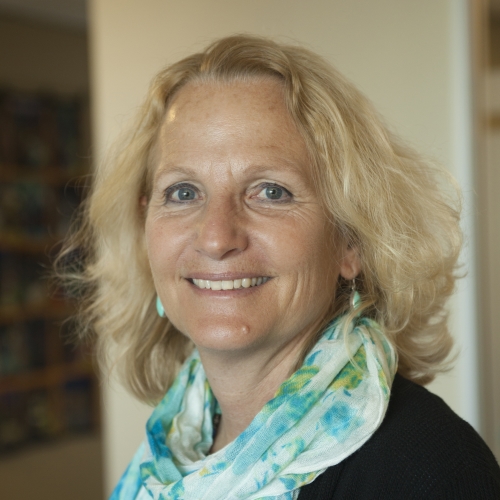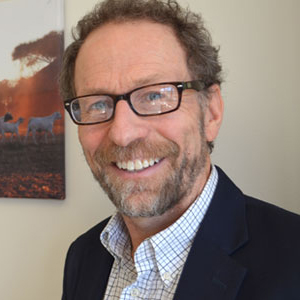I-TECH Kenya’s Global Health Security Agenda (GHSA)-funded programs aim to advance the GHSA goals of preventing , detecting, and responding to disease threats to health security.
For the past 8 years, I-TECH Kenya has had a cooperative agreement with US Centers for Disease Control and Prevention (CDC) to work closely with the Kenya Ministry of Health (MOH) on multiple projects related to health security. The key objectives of these activities are preventing and reducing the likelihood of disease outbreaks, improving the efficiency and accuracy of the detection of communicable diseases, strengthening surveillance capacity and national and county levels for a rapid and effective response, enhancing Infection Prevention and Control (IPC) practices to prevent the emergence and spread of pathogens and antimicrobial resistant bacteria.
Prevention
Use IPC practices to combat antimicrobial resistance (AMR) and other microbial threats:
- Building capacity for IPC in health care facilities is a critical part of disease outbreak and AMR preparedness and prevention. In Kenya, I-TECH has partners with the CDC National Center for Emerging and Zoonotic Infectious Disease and Kenya MOH to support two model hospitals in developing capacity for quality improvement measures for strengthening evidence-based IPC practices, infrastructure, and tools including hand hygiene, waste management, injection safety, surgical site infections, and antimicrobial stewardship. As part of this IPC work, I-TECH created and piloted e-learning modules for IPC. The modules aim to build clinical skills and technical knowledge in infection prevention and control and antimicrobial stewardship among health care workers in low-resource settings, and have now been adopted by WHO.
- With the onset of the COVID-19 pandemic, I-TECH Kenya was able to play a leadership role in the country in assessing and improving facility readiness at the national and local level to handle COVID-19 cases and maintain the health care workforce.
- Current IPC activity is focused on surveillance for surgical site infections, an important cause of hospital acquired infections (HAIs).
Disease Prevention through Immunization Program Strengthening:
- I-TECH collaborated with the Kenya MOH, CDC Global Health Protection Division, and the CDC Global Immunization Division, to build and roll out an online mobile platform for capturing immunization data at the point of care.
Detection
Laboratory Information Systems Strengthening:
- In Kenya, I-TECH collaborated with the MOH and National Public Health Laboratory Services to enhance and strengthen laboratory information systems at the facility and national levels to improve timeliness and efficiency of testing and reporting results, specifically for AMR testing.
Response
Disease Surveillance and Response:
- I-TECH supports the Kenya MOH Surveillance Unit in the rollout of trainings for health care workers to routinely and consistently use the real-time surveillance reporting system in Kenya.

